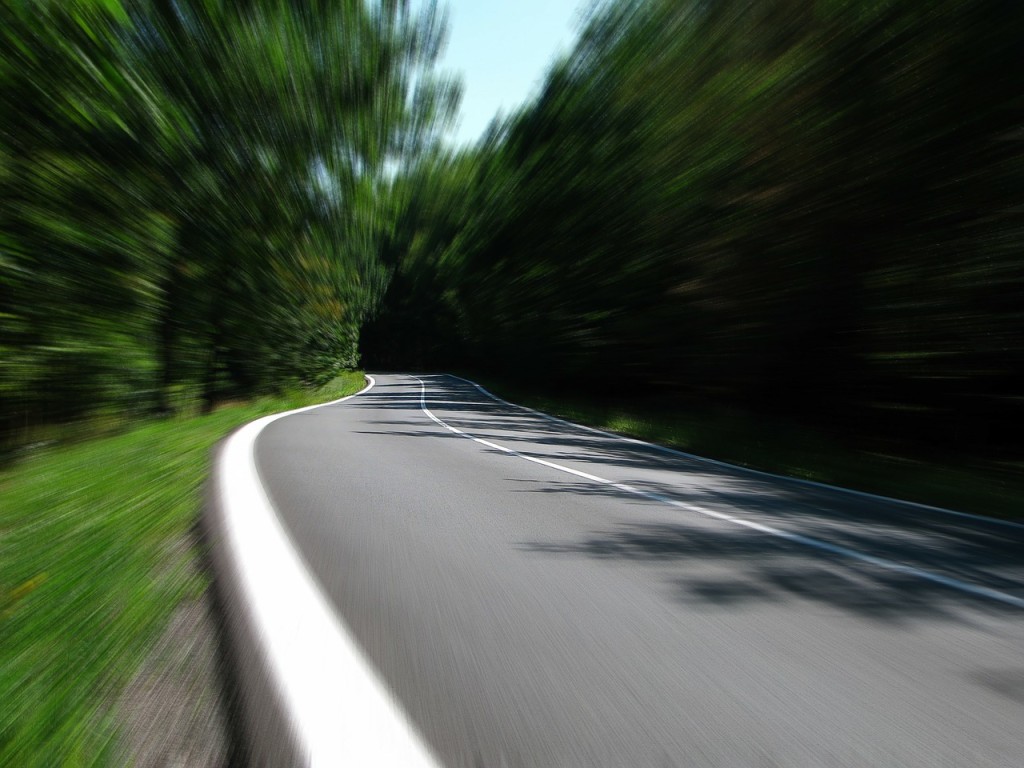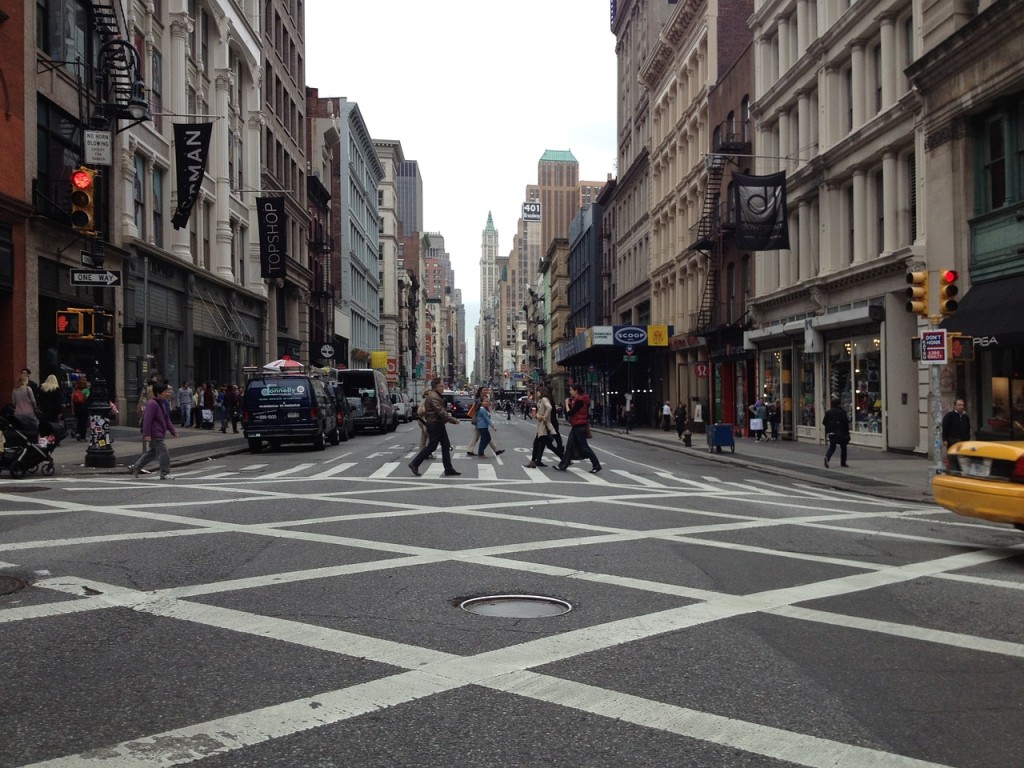The Gateway to the West is a great place to own and ride a motorcycle, especially now that the weather is mild and sunny. If you’re a rider, you’ve probably already taken your bike out of the garage and on a ride through beautiful downtown St. Louis or along the Great River Road. But, it’s important to keep in mind that navigating the roads on a motorcycle can be dangerous, and that riding a motorbike safely requires skill and judgment that may have become rusty during the winter months.
Motorcycle accidents aren’t necessarily more frequent than any other vehicular accident, but they are much more likely to result in serious injury or death. In 2006, there were 35 times more deaths from motorcycle accidents than from car accidents, according to the federal government. These are alarming statistics; ones that motorcycle riders should have in mind when they take to the road.
Injuries from a motorcycle accident can mean never riding your bike again. They can result in loss of wages due to long recovery times. An accident can lead to debilitating chronic pain that prevents you from doing what you love, or need, to do. In worst case scenarios, motorcycle accidents can lead to death — the loss of a beloved family member or friend.
We could list many more negative impacts of motorcycle accidents in St. Louis, but we would rather spend time helping you avoid these risks in any way we can. At Schlapprizzi Attorneys at Law, we support motorcyclists’ love of a good ride in the open air despite any risk. Our goal is to help keep our St. Louis motorcyclists safe and support you when others neglect your safety.
In this article, we will discuss three of the most common motorcycle accidents and how to avoid them. Whether you’re a veteran or just received your motorcycle license this season, these tips might be a good safety refresher for the summer.
1. Bends on country roads cause many motorcycle accidents.

If you did your training on city and neighborhood streets, you might not have much practice navigating country roads on your bike. But, it’s important to know that twisting country roads can be especially risky.
Some of the most beautiful rides to take are on winding roads, far away from tall buildings and clunky vehicles. Country roads are different than city roads; they move with the landscape instead of through the landscape, which is one of the many reasons they’re so enjoyable to ride on. Many of these roads have risky bends and curves you should be aware of.
Some country roads have smooth sweeping bends allowing for a graceful transition from one turn to another. Other bends are tight, almost like a complete turn. If you go into a bend at a high speed and it turns out to be a sharp turn, you can easily lose control of your bike. Sometimes, the road gives you clues on how it bends so you can adjust your speed accordingly:
- The line of trees may curve
- The path of telephone poles changing
- The plant life (such as bushes) at the edge of the road copying the direction of the road.
It’s a good idea to reduce your speed when approaching a curve. The curve may be more difficult to maneuver than expected.
Before driving out into the country, brush up on safe practices and spend time familiarizing yourself with your motorcycle if you haven’t ridden for a while.
2. Collisions at intersections

Motorcycle accidents that happen at intersections can come down to something as simple as a driver failing to give way or stop. Drivers are on the lookout for other “big” vehicles and motorcycles can appear “invisible” until someone gets hurt or killed.
At intersections, some drivers are in a hurry to join traffic and make it to wherever they’re going. Drivers, especially when they’re distracted by impatience, have trouble judging the speed of a bike and when it will arrive. If a car is attempting to turn right at an intersection, for example, and a bike is coming up on their left, they may pull in front of the motorcycle when it is too close.
Collisions like this often result in the motorcycle rider being thrown from their bike. The damage can be detrimental and, especially if the rider wasn’t wearing a helmet, deadly. In many cases, these accidents are unavoidable and the fault of the driver (or even the signage or roadways surface) *we don’t want this b/c we have many wrongful death cases where fault does matter even though a finding for the plaintiff won’t bring a person back to life (it still can provide help to the family who have lost a loved one AND change behavior so that the same incident does not befall another person). But, riders can take extra precaution and be prepared by always having a tentative reaction plan if a driver pulls out in front of them.
3. Collisions while overtaking vehicles

According to a guide from the Royal Society for the Prevention of Accidents, RoSPA, overtaking requires skill to judge speed and distance as well as an accurate knowledge of your bike’s acceleration. With a new bike, or if you haven’t ridden your bike in a while, it can take a while to get used to the nuances of acceleration and braking. Before you start passing other vehicles on two-way roads, make sure you know your bike.
When you do feel comfortable enough with your bike to begin passing other vehicles, keep in mind that there could be a high-speed vehicle coming the other way. This risk is especially important to keep in mind because head-on collisions account for more than half of all motorcycle accidents. If you’re already in the other lane, only halfway past a vehicle, before you see an oncoming car it can be difficult to avoid a head on collision.
Never try to overtake a car in these conditions:
- Bends
- Nearing intersections
- Pedestrian crossings
- Hills or dips in the road
- Where there are double, or solid, lines on the road or signs prohibiting overtaking
Passing other vehicles, and weaving in between traffic can be dangerous for any motorcyclist no matter how much experience you have. Good judgment only goes so far in preventing an accident; just remember to always take extra caution when you’re sharing the road with larger vehicles.
If an accident does happen, and you or a loved one is injured, your main focus should be a successful recovery. If you don’t know who is at fault for the accident, whether it was caused by the negligence of another driver or the road conditions, a formal investigation of the circumstances should take place.
You could be entitled to compensation for your injuries, even if you are partially at fault for the accident. Missouri is a “comparative fault” state, meaning that you can get compensation in St. Louis despite sharing fault for the accident. If you’ve been in a motorcycle accident in St. Louis then questions regarding fault and how to investigate the accident might be running through your head.
That’s where we can help. Our attorneys have been helping individuals throughout the greater St. Louis area in Missouri and Illinois with the hardship that comes with a motorcycle accident. Contact us today to find out how we can help you.
